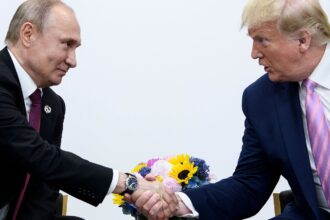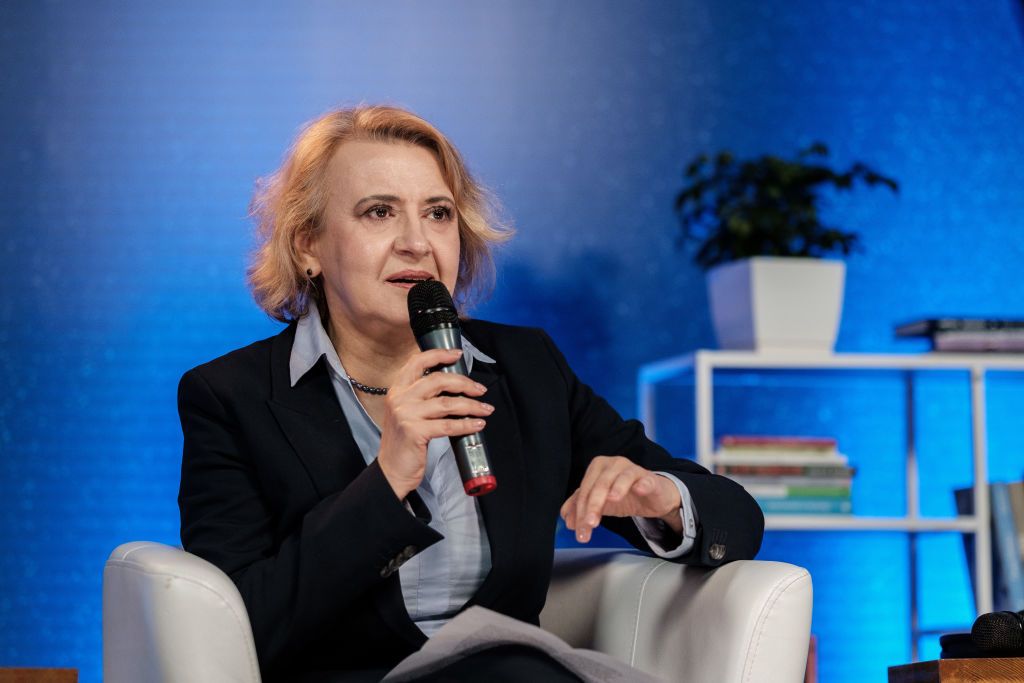This article discusses the complexities of war and its impact on Ukraine, as well as the challenges of communicating this reality to a Western audience. The interview with Ukrainian author Oksana Zabuzhko highlights her concerns about the portrayal of Russian soldiers in a documentary called “Russians at War,” which she believes is a form of propaganda.
Zabuzhko argues that the West often fails to critically evaluate information, and instead seeks to normalize Russia’s actions by portraying its soldiers as ordinary people. She questions how a filmmaker would have gained access to film Russian soldiers without permission from those in power, suggesting that this was likely a staged operation.
The author also discusses the concept of “soft power” and propaganda, highlighting how Russia uses cultural strategies to influence public opinion. Zabuzhko emphasizes that Ukrainians do not have to respect or legitimize Russian writers who claim to be anti-war, especially if they have previously promoted pro-Russian narratives in their work.
She suggests that while private conversations with such individuals may be possible, public discussions should only take place when Russian writers and citizens collectively condemn the war and take a real stand against it. This highlights the need for critical thinking and nuance in understanding the complexities of war and its impact on Ukraine.
Overall, this article raises important questions about the representation of conflict, the power of propaganda, and the importance of nuanced communication in conveying the reality of war to the public.




